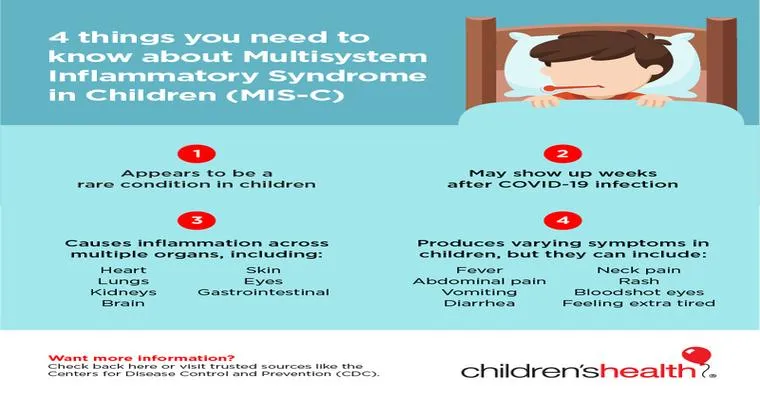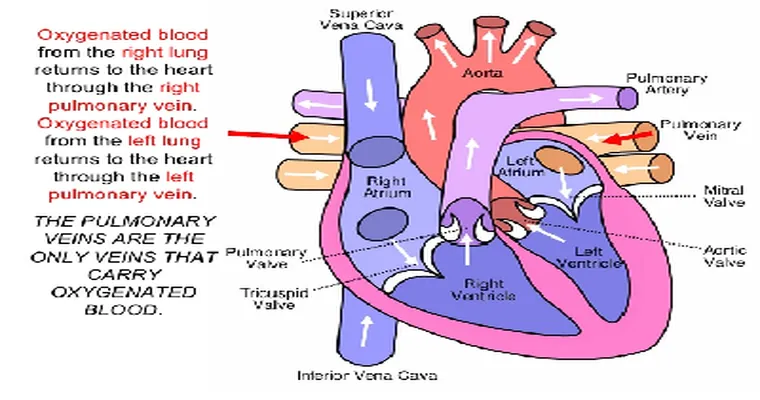Caring for a loved one with "lung disease" can be a challenging yet rewarding experience. Whether it's chronic obstructive pulmonary disease (COPD), asthma, or another respiratory condition, understanding the complexities of these illnesses is crucial. This article aims to provide practical tips and emotional support strategies to help you navigate the journey of caring for someone with lung disease.
Understanding Lung Disease
Lung disease encompasses a range of conditions that affect the lungs and breathing. Some common types include "asthma", "chronic bronchitis", and "emphysema". Each of these conditions has unique symptoms, which may include shortness of breath, persistent cough, and fatigue. Recognizing the signs will enable you to provide better care and support.
Create a Comfortable Living Environment
Creating a supportive and comfortable living environment is essential for someone with lung disease. Here are some practical steps you can take:
1. "Improve Indoor Air Quality": Ensure that the air inside your home is clean and free from irritants. Use air purifiers and maintain proper ventilation to reduce allergens and pollutants.
2. "Avoid Smoking and Strong Scents": If you or anyone in your home smokes, consider quitting. Additionally, avoid using strong cleaning products and scented candles that can exacerbate respiratory symptoms.
3. "Maintain a Healthy Humidity Level": High humidity can make breathing more difficult. Use dehumidifiers if necessary to keep humidity levels in check.
Monitor Symptoms and Medication
Keeping track of symptoms and medication schedules is vital for effective management of lung disease. Here are some tips to help you stay organized:
"Create a Medication Chart": Document all medications, dosages, and administration times. This will help ensure that your loved one takes their medications as prescribed.
"Track Symptoms": Maintain a journal of any changes in symptoms. This information can be valuable during medical appointments and can help healthcare providers make informed decisions.
Encourage Healthy Lifestyle Choices
A healthy lifestyle can significantly improve the quality of life for someone with lung disease. Encourage your loved one to adopt the following habits:
1. "Healthy Diet": A balanced diet rich in fruits, vegetables, whole grains, and lean proteins can boost overall health and support lung function.
2. "Regular Exercise": Engage in light physical activities, such as walking or yoga, as advised by a healthcare professional. Exercise can improve lung capacity and overall endurance.
3. "Stay Hydrated": Encourage your loved one to drink plenty of fluids, as hydration can help thin mucus and make it easier to breathe.
Provide Emotional Support
Caring for someone with lung disease can take an emotional toll on both the caregiver and the patient. Providing emotional support is just as important as managing physical health. Here are some ways to help:
"Listen Actively": Encourage your loved one to express their feelings and concerns. Sometimes, simply having someone to talk to can make a world of difference.
"Join Support Groups": Consider joining a support group for caregivers or individuals with lung disease. This can provide a platform for sharing experiences and gaining insights from others facing similar challenges.
"Practice Patience": Understand that living with lung disease can be frustrating and exhausting. Be patient with your loved one and offer reassurance during difficult times.
Seek Professional Help
Do not hesitate to seek help from healthcare professionals when needed. Regular check-ups with a pulmonologist can ensure that your loved one's condition is monitored and managed effectively. Additionally, consider involving respiratory therapists, nutritionists, and mental health professionals to provide comprehensive care.
Conclusion
Caring for a loved one with lung disease is a journey that requires compassion, patience, and knowledge. By creating a supportive environment, monitoring symptoms and medications, encouraging healthy lifestyle choices, and providing emotional support, you can make a significant positive impact on their quality of life. Remember, you are not alone in this journey—reaching out for help and guidance can be invaluable for both you and your loved one.





